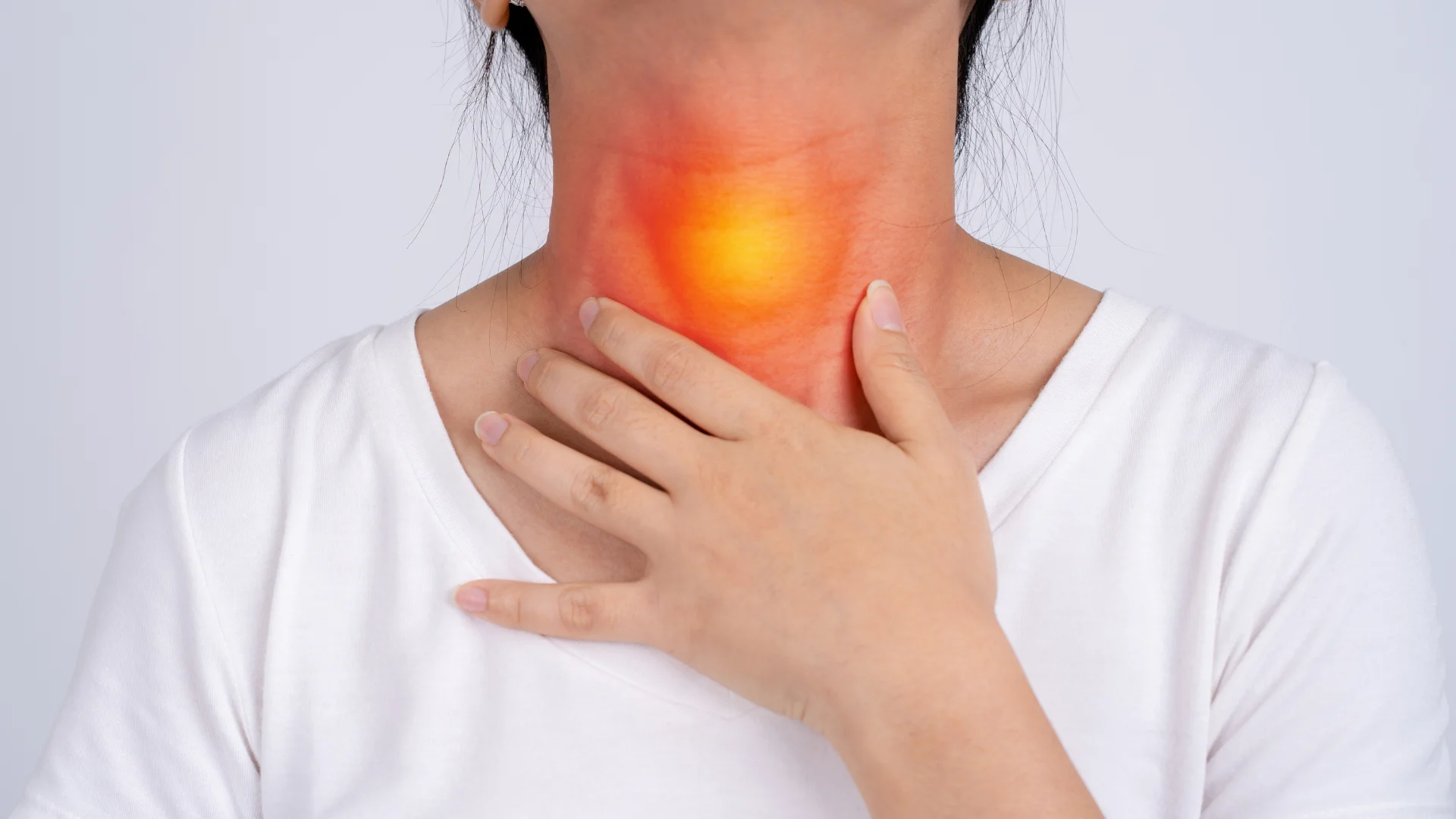
Understanding Esophageal Cancer 🌟
Esophageal cancer is a serious condition that can significantly impact one’s health and quality of life. There are two main types of Esophageal Cancer:
- Squamous Cell Carcinoma: Originates from the cells lining the esophagus.
- Adenocarcinoma: Develops from cells in the stomach.
Symptoms of Esophageal Cancer 🤔
Common symptoms include:
- Difficulty swallowing (dysphagia) both solid and liquid foods.
- Loss of appetite.
- Unexplained weight loss.
- Pain during swallowing (odynophagia).
- Chest pain, which can sometimes radiate to the back.
- Changes in voice (hoarseness) or complete voice loss due to vocal cord paralysis.
- Persistent cough or pneumonia.
- Persistent hiccups.
How Is Esophageal Cancer Diagnosed? 🩺
Diagnosing esophageal cancer involves a combination of tests and procedures.
- Gastroscopy with Tissue Sampling (Biopsy): This is the gold standard for diagnosing esophageal cancer.
- Laboratory Blood Tests:
- Imaging Tests:
- CT scans: Chest and abdominal scans to assess tumor size and spread.
- Endoscopic Ultrasound (EUS): High-resolution imaging to evaluate the tumor’s depth and surrounding lymph nodes, especially for surgical candidates.
- PET Scan (Positron Emission Tomography): Helps detect distant metastases.
Treatment Options
Treating esophageal cancer requires a multidisciplinary approach involving various specialists. Depending on the stage and type of cancer, treatment may include:
- Surgical Intervention: Removal of the tumor and affected areas.
- Chemotherapy: To kill cancer cells and shrink tumors.
- Radiation Therapy: Applied before or after surgery.
- Palliative Endoscopic Treatments: For advanced cases to ease symptoms:
- Endoscopic dilation.
- Endoscopic laser therapy (ND-YAG).
- Argon plasma coagulation.
- Endoscopic mucosal resection (EMR).
- Endoscopic submucosal dissection (ESD).
- Photodynamic therapy (PDT).
- Placement of plastic or metal stents to keep the esophagus open.
Prevention and Risk Factors 🛡️
While complete prevention of esophageal cancer is difficult, reducing risk factors can lower the likelihood of developing the disease.
Risk Factors Include:
- Smoking and alcohol consumption. 🚭 🍷
- Obesity (BMI over 30).
- Poor diet lacking in vegetables. 🥗
- Regular consumption of hot beverages. 🥵
- Low levels of selenium and zinc in the diet.
- HPV (Human Papillomavirus) infection.
High-Risk Groups:
Regular medical check-ups are crucial for individuals with the following conditions:
- Achalasia: Difficulty in food passing through the esophagus.
- Consumption of Caustic Substances: Damage to the esophagus from ingesting harmful chemicals.
- Plummer-Vinson Syndrome: A type of anemia accompanied by difficulty in swallowing.
- Tylosis: A rare genetic condition affecting the palms and soles.
- Celiac Disease: A condition where gluten damages the small intestine.
- Barrett's Esophagus: A condition where the esophagus lining transforms into stomach-like tissue.
- Post-Surgery for Stomach Pathologies.
In conclusion 💡
Esophageal cancer is a complex disease, but with timely diagnosis and a well-coordinated treatment plan, patients can achieve better outcomes. Regular medical check-ups, a healthy lifestyle, and avoiding risk factors are key steps in prevention. If you or someone you know is experiencing symptoms, don’t delay seeking medical advice—early detection makes all the difference.
🩺 Explore out our Check-Up Programs!
📅 Book your appointment now!
DISCLAIMER:
The information presented on this page has been intentionally condensed and simplified to make it accessible and easier to understand for the general audience. Its purpose is solely to provide basic awareness and education on the topic discussed. It is important to note that this content is not exhaustive and does not replace or serve as a substitute for professional medical advice, diagnosis, or treatment. Readers are strongly advised to seek consultations with qualified healthcare professionals or specialists for accurate assessment, personalized guidance, and appropriate medical care. Relying solely on the information provided here, without professional oversight, may lead to misunderstandings or inadequate treatment.
